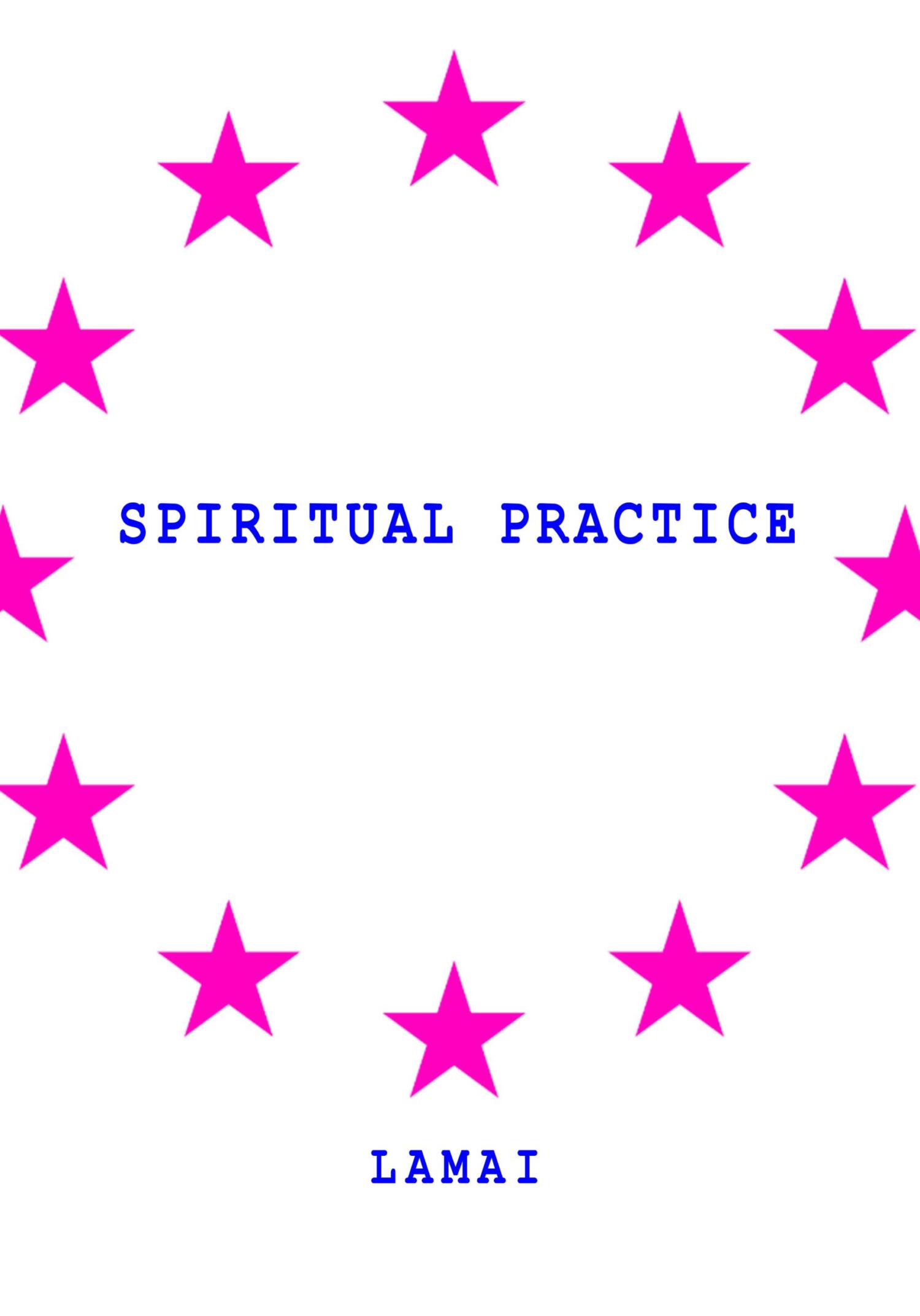a highly developed country and economically in a hopelessly backward country. The reason for the error of the classics is that they did not study deeply enough the mechanisms of human needs, the patterns of dynamics, development, and evolution of needs. The formula "with the satisfaction of the need, it disappears" is erroneous, short-sighted and extremely naive. In fact, any need behaves identically to the pattern of development of drug addiction. Here is the diagram:
1. No need.
2. Sample for interest.
3. Satisfaction.
4. The desire to repeat the experience.
5. Consumption.
6. Temporary satisfaction
7. Repeated satisfaction of the need with an increase in the required dose or with a modification of the consumer or circumstances.
8. Inability to be satisfied with even a very large dose.
9. Expansion of desire, the desire to try something else, of the same type as this.
Theorists often do not clearly distinguish between the sixth and first points, mix them up, equate them, take one for the other, which is just a gross mistake. Vital needs such as food or sex tend to circulate steadily on the fourth, fifth and sixth. Some secondary needs and desires, due to various internal and external factors, can also circulate on the fourth, fifth and sixth points without undergoing evolutionary changes. When external or internal factors do not allow to satisfy the need, stress appears. The stress of dissatisfaction can be greatly reduced through the satisfaction of some other parallel need. For example, a sexual desire can be quenched by eating or watching TV. When the energy of an unsatisfied need is transferred to a higher (in the moral sense) level of desires, for example, to socially useful activity, this is called sublimation. On the other hand, if needs are satisfied as they arise, then the need sphere will grow. It can be seen from this diagram that the assumption that with a high level of production and with the provision of necessary needs, favorable conditions will arise for the emergence of communism is naive. In fact, it's the other way around. Satisfaction of a need leads to the consolidation and expansion of desires, and, consequently, to the impossibility of covering the ever-growing needs and desires with material support. If a person does not consciously limit himself, then his needs grow to the maximum possible limit. There is no limit to human desires. "The human stomach has no bottom." That is, the need sphere of a person is restrained only by his material wealth.
If a person decides to consciously form, educate his need sphere, then for this he has to limit himself in satisfying a number of undesirable needs. Some authors erroneously refer to this as "suppression". In this case, to work on himself, a person uses willpower, and also adjusts his lifestyle and forms his environment for this task, so that the lifestyle and environment become factors that prevent him from satisfying unwanted needs. One such way of life is monasticism. Monasticism is such a variant of changed conditions of life, when the way of the community in which a person lives becomes an external factor that interferes with the satisfaction of unwanted needs. In accordance with the narcotic analogy, the correct education of communists (genuine members of communist society) should also be built. That is, the scheme of weaning drug addicts from addiction should be used in the education of communists. Here is the diagram.
1. Awareness of the need to overcome addiction, capture, desire, need.
2. Deep determination to overcome addiction.
3. Termination, refusal of this consumption by an effort of will, or isolation, distance from the possibility of this consumption.
4. Increasing desire, tension, stress.
5. Crisis, barrier, insane state.
6. Overcoming the barrier, reducing stress, reducing desire.
7. Failure control, stabilization of the new state.
8. Freedom from dependence, capture, desire, need.
This in itself is most likely just what should look like a monastery.
The authors transfer this book to the public domain. Full or partial copying, reprinting and publication of this book is permitted, including for the purpose of making a profit. Publication is permitted; prohibition of publication is prohibited. It is strictly forbidden to set restrictions on the distribution of this book. An agreement between any persons under which someone acquires the exclusive sole right to publish this book with a ban on the publication of the book or its parts to other persons arising from this agreement is obviously null and void. The translation of this book and its publication in other languages is considered as co-authorship.
The editor in chief of the book: Borisov Eduard Evgenievich – a member of the LAMAI group, psychologist, methodologist-analyst, abbot of a Buddhist monastery.
LAMAI stands for the league of arhats of the international "Academy of Truth".
The email address of the LAMAI group: glamai@yahoo.com





